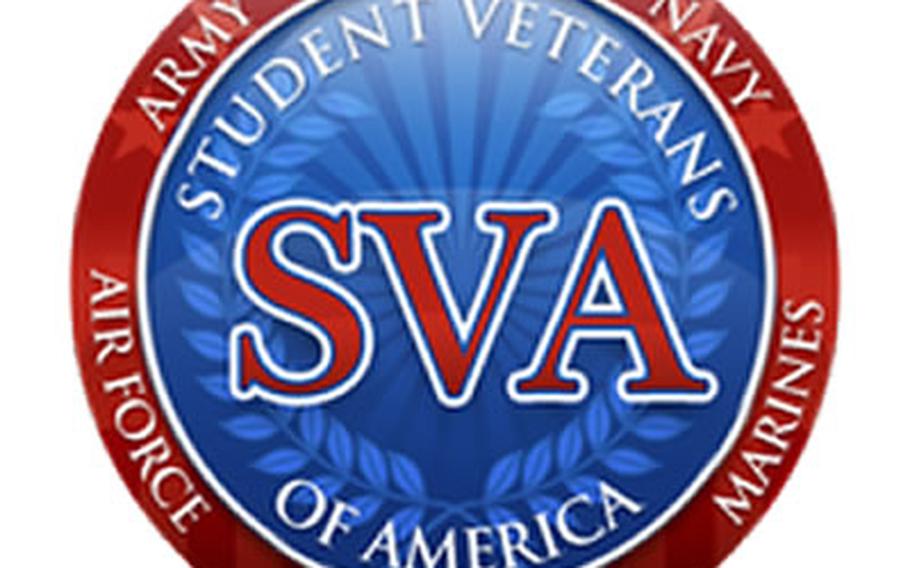
(Student Veterans of America)
ORLANDO, Fla. – Veterans advocates worry that lawmakers will consider trimming GI Bill benefits as part of their deficit reduction plans unless they can show that student veterans are graduating and succeeding in their education goals.
But no one knows whether they are.
Neither veterans affairs nor federal education officials have reliable data on student veterans’ graduation rates, student grade point averages, or post-college employment success. Without it, proving the value of the more than $20 billion spent to send veterans of the Iraq and Afghanistan war era becomes problematic, if not impossible.
This week, Student Veterans of America – which boasts more than 21,000 members at 700 college campuses nationwide – announced a partnership with the Department of Veterans Affairs and the National Student Clearinghouse to research those graduation figures, with the goal of showing the return taxpayers are getting on the money spent.
“I believe we are going to show just how successful student veterans are,” said Michael Dakduk, executive director of SVA. “Our preliminary research has already shown that they do as well as or better than students at large. But that’s not the story you always hear.”
The announcement came at SVA’s annual conference, which included lengthy discussions on recent media reports of an 88 percent dropout rate among young veterans using the post-9-11 GI Bill.
Group and VA officials have repeatedly refuted those figures, but have not been able to provide any hard data to counteract that narrative.
In a speech to the SVA conference Friday, VA Secretary Eric Shinseki said colleges reported 62,000 graduations by student veterans from June 2011 to last month. But he also acknowledged those partial numbers – obtained through voluntary reports by select colleges – don’t tell the whole story.
“(Getting better data) is critical,” he said. “The original GI Bill lasted just 12 years, and the new GI Bill is now entering its fourth year. The shot clock continues to tick.”
The post-9/11 GI Bill provides free tuition for four years at public universities (or $17,500 a year at private or for-profit schools), plus a living stipend of almost $1,400 a month, plus books stipend and other resources, for veterans who have served active duty for at least three years since September 2001.
Ryan Gallucci, deputy director at the Veterans of Foreign Wars' National Legislative Service, said while many student veterans are lobbying to expand those benefits, he worries they’re more likely to be reduced instead.
Lawmakers have already floated scaling back post-9/11 GI Bill benefits in their federal spending conversations, threatening a return to the few thousand dollars a year veterans received before the benefit revamp in 2008.
Dakduk said having better graduation data will allow advocates to show how critical of a transition tool the benefit is, giving servicemembers the degrees and skills needed to become leaders in the civilian business world.
He also said it will allow his group to see “what schools are the most successful, what programs and working and why.”
shanel@stripes.osd.milTwitter: @LeoShane